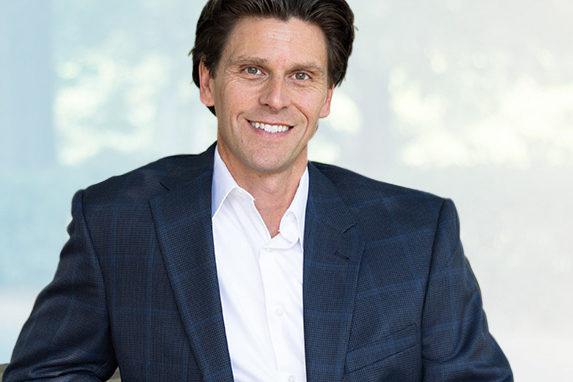The ‘Bank of You,’ a simple concept, yet maybe not one well understood or constantly thought about and regularly implemented to positively influence and persuade our decision making. Yet, when it becomes a core value, commitment, strategy, practice and competency, it allows us to capitalize on benefits of invaluable reputation currency.
“The most important aspect of our ‘Bank of You’ is that we are either making deposits or withdrawals every single day,” says Mike Mooney, Chief Catalyst Officer at Mooney Consulting Group, and the author of Reputation Shift – Lessons from Pit Road to the Boardroom.
Acting in a more conscious manner, with a higher level of self awareness in how we’re thinking, believing and acting can help us make wiser decisions and conduct ourselves in a manner that constantly builds reputation instead of spending it without realizing it and at great future expense to our well-being, personally and professionally.
Increasing our social awareness daily (recognizing how others are feeling and exhibiting compassion towards them) also builds and protects trust and credibility in our human interactions.
The importance in how we conduct ourselves, from the words we use and the actions we take, even when we think they might be of little importance should not be undervalued in any of our interactions and relationships.
“I would suggest that we look at the ‘Bank of You’ as a holistic account for our lives and not something that separated into a personal account or professional account – there should be one account,” he says. “My belief is that we should strive to build a reputation that people from all aspects of our life would consistently recognize and know to be authentically ours.”
That belief that we should not be different in our character and conduct, in our professional lives and personal ones, can make for less challenging juggling of what our character, communication and actions should become and be.
How this is accomplished is most often done by exercising smart thinking and sound judgment in the little details.
“Often people believe that those deposits or withdrawals are made in the ‘big’ moments – when we’re in high-pressure situations, for example,” Mooney says. “While that is true, those aren’t often daily occurrences.”
The focus is better extended to what is more frequent.
“The reality is that we are adding to or subtracting from our ‘Bank of You’ accounts in the small moments every day – when we show empathy to demonstrate our compassion, when we have someone’s back to show loyalty, when walk past a colleague and don’t acknowledge them or blow off deadlines for a team project,” he says. “It’s those actions, repeated over time, that will truly impact the balance of your ‘Bank of You’ account.”
We do not always act with wisdom and self control and our reputations get damaged and sometimes, through little fault of our own, our reputations also suffer. ‘What, now’ can become a critical test question for us as individuals or organizations.
“We will never be 100% all the time. That’s just the reality of being human – our human-ness can become a human-mess,” Mooney says. “This is exactly why I believe we should have our ‘Bank of You’ front and center each day because there will be a time when we have to make a withdrawal.”
Positive experiences people have with us act as deposits while negative experiences are felt as withdrawals thus our ‘bank’ can suffer losses and deficits similar to a financial account, which is an accurate analogy to remember.
While we are protective of our financial accounts, we don’t often associate our reputation’s health and quality as an account as well. We should.

Restoring that account’s losses and moving from any deficits to gains, stability and strength has to always be a priority after a negative event that people experience in interacting with us as an individual or organization.
“The first, and in my opinion the most important way, is to acknowledge what was done,” Mooney says about our response in mindset and action to the reputation damage we are enduring due to our responsibility to a negative outcome or contribution to it.
He stresses that where society is struggling, is an area where we as individuals or an organization can be different and benefit.
“We are living in a time when personal accountability has taken a backseat to finding someone or something to blame,” Mooney says. “If you did something that caused harm, whether intentional or not, just own it.”
He explains that by taking that responsibility immediately, without any avoidance or other distasteful behavior, the first steps to improvement have taken place.
“Once you do that, a proper apology is required to show the person or persons that you acknowledge what happened, you recognize the impact, and you are committed to not doing it again,” Mooney says.
That beginning must be followed by the mindset and behavior that aligns our actions and words with our expressed remorse, empathy and compassion.
“Then, you must do just that, demonstrate your commitment with your actions, consistently and over time,” Mooney says. People will be willing to give others a second chance if they recognize what happened and work to fix it or not let it happen again.”
Poise, patience, perseverance and emotional intelligence are required to restore, rebuild or even construct the trust, credibility and reputation in our ‘Bank of You.’
“Remember that there is no substitute for consistency and time when it comes to rebuilding a reputation,” Mooney says.


